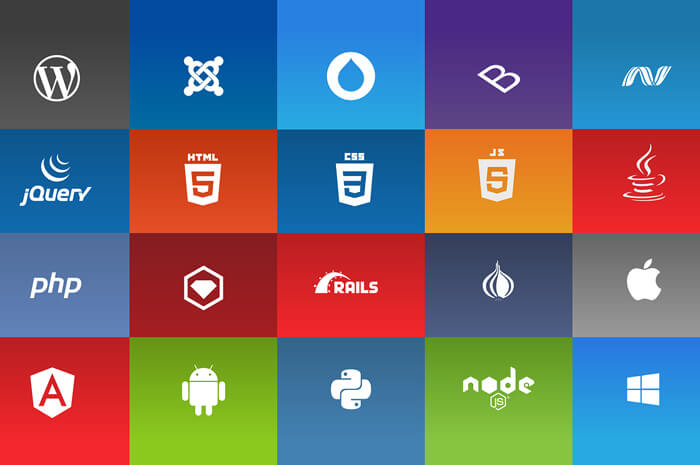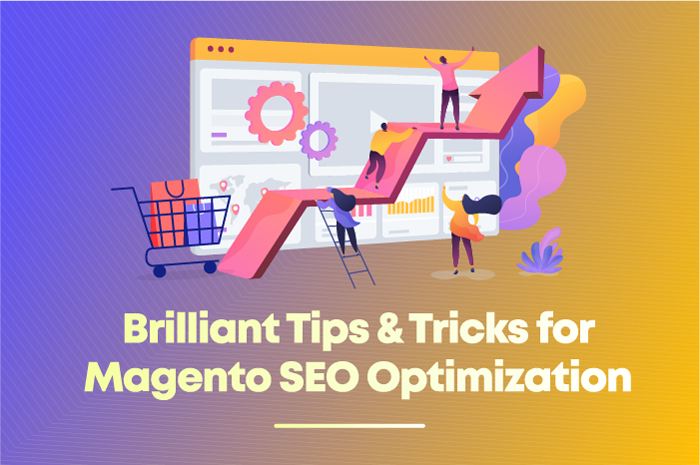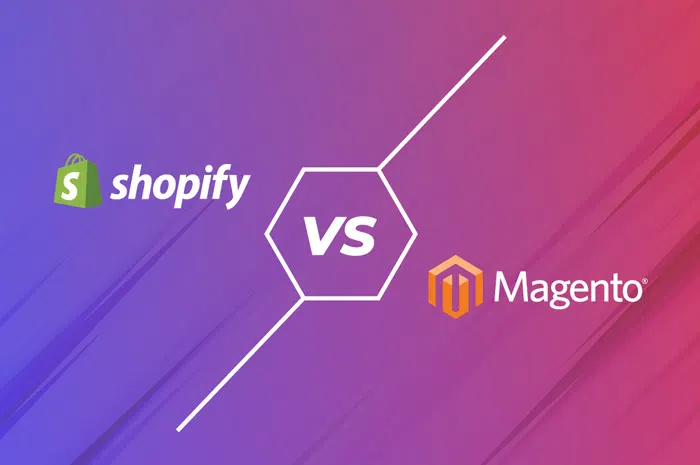Imagine trying to sell cars on a website optimized to sell sewing kits.
Using the wrong CMS platform for your business might get you similar results.
Table of Contents:
A content management system (CMS) is a program that allows individuals and businesses to manage, maintain, and edit website pages. Many popular content management tools are open source. An open-source CMS will allow you to make content changes and the website development company to make adjustments more efficiently.
Why is this important?
It may not seem obvious, but one of the biggest challenges that businesses face is having fresh, structured, and planned content. If they are unable to do this, it translates to frustrated users who decide they'd rather not be customers.
After your site is developed, it is crucial to review, update, and manage it so that it is up to date and relevant to your customers. A content management tool allows you to do this.
And guess what? You don't need to be tech savvy to do it. The web design company you hire will take care of that for you.
But wait, you ask. Which content management system is best for you?
It depends. Who is going to be using it? How advanced do you want it to be? Which language is it built with?
To help you get an idea of which open source CMS would work best for your profile, we have compiled the unique features of ten popular platforms.
Joomla Content Management System
-
Supports object-oriented programming language, and therefore allows developers to code programs without hassle
-
Easy installation
-
Good for complex web projects (as opposed to blogs, for instance)
-
Active community
-
Multilingual options from the moment of installation
Learn more about eCommerce Website Development Services .
Drupal Content Management System
-
Flexibility to create a wide variety of content types, including blogs, podcasts, polls, videos, and more
-
Highly customizable
-
Active community
-
Security and stability
WordPress Content Management System
-
User-friendly
-
Wide variety of themes and plugins, so you can build a professional website even without coding knowledge
-
Intuitive content management
osCommerce Content Management System
-
Ideal for maintaining online stores
-
Easily integrated into any web server or site that uses MySQL and PHP
-
User-friendly
Magento Content Management System
-
SEO-friendly
-
Works well with different platforms, devices, and services
-
Highly customizable
-
More control over business processes
Dot Net
-
Feature-rich
-
Great for interactive forums, e-commerce websites, publishing portals, etc.
LAMP
-
Ideal for dynamic websites and servers, especially e-commerce and APIs
-
Good starting point if you have limited resources
-
Readily accessible digital documentation
-
Active community
Salesforce Content Management System
-
User-friendly
-
Excellent for understanding your customers' behavior
-
Cloud-based software, which means greater accessibility, ability to track live data, and more
Ruby on Rails
-
Ideal for high-traffic sites
-
Programmer will not have to spend a great amount of time configuring files for setup
-
Good for rapid application development (RAD)
-
Readable and mostly self-documenting code
Shopify Content Management System
-
Ideal for retail businesses
-
Integrates with social media
-
Good app integrations with SaaS services
-
Customer support always available
Recommended Reads:
Conclusion
Ready, aim – design!
The CMS you use affects not only your project's time and cost, but also its navigation, flexibility, and user friendliness.
With BluEnt's technology platforms, you can choose the best fit for your project. Our technology consultants apply knowledge management, critical thinking, and analytics to give you a platform that runs like a well-oiled machine.
Are you a small to medium business? A funded startup? Maybe you're making a government website or business portfolio? The correct content management system will increase your efficiency, define your online branding, and improve your customer service.
Want to wow your investors or get more clients? Contact us today.
Maximum Value. Achieved.



 Proven Magento SEO Tips to Rank High on Search Engines
Proven Magento SEO Tips to Rank High on Search Engines  10 Best Magento Extensions to Achieve eCommerce Excellence.
10 Best Magento Extensions to Achieve eCommerce Excellence.  Magento vs Shopify: The Battle of the eCommerce Titans
Magento vs Shopify: The Battle of the eCommerce Titans  Unlock the power of ChatGPT for business data analytics!
Unlock the power of ChatGPT for business data analytics! 